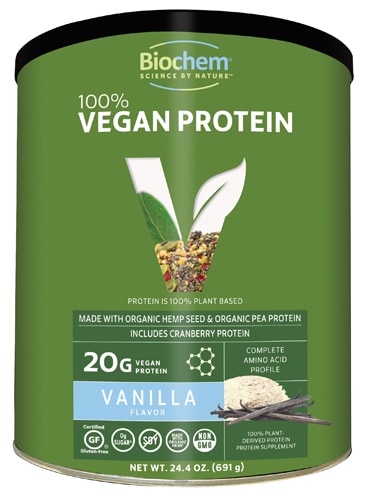Food tribes are social groups organized around a set of common values and beliefs that shape one’s food choices. It’s not only a “thing,” it’s something of an obsession in our culture. Maybe because we live in a country with a paltry sense of cohesion, with little that satisfies some of our deepest evolutionary yearnings for connectedness, food tribes compensate for the deeper kinship ties we seek.
A whopping 44 percent of adults now say food restrictions, food allergies, or avoidance of certain ingredients determines their diet choices, according to a 2014 Packaged Facts report. Many are motivated not just by a wish to lose weight but more aspirational forces: the allure of a lifestyle inextricably linked with their social circles.
According to an article published in the Nutrition Business Journal in 2015, at least 1 in 3 adults is trying to go gluten-free; one in 10 millennials is vegetarian or vegan; and as many as 3 million people identify with a Paleo style of eating.
While orienting identity around diet is an ancient m.o. (i.e., vegetarianism is linked with Hinduism, and keeping kosher or halal is one of the most basic tenets of the Judeo-Islamic tradition), food tribes have skyrocketed in the last couple of decades—and they have a profound influence on the market.
Here’s a primer on the most visible food tribes in the U.S.
Gluten-free
According to the Archives of Internal Medicine, 1 in 133 people suffers from celiac disease—an autoimmune disorder in which gluten prompts antibodies to attack the intestinal wall, impairing nutrient absorption. Once diagnosed, they are advised to be 100-percent gluten-free. At least another 7 percent suffer from “gluten sensitivity,” according to the Center for Celiac Research at Massachusetts General Hospital.
Many people associate going gluten-free with weight loss and in fact 25 percent of consumers do it for that reason, despite the lack of evidence. Some studies do show that restricting gluten can aid irritable bowel syndrome, fibromyalgia, rheumatoid arthritis and psoriasis—giving GF food a halo effect that prompts many consumers to lean in that direction. Interestingly, only 18 percent of gluten-free dieters have celiac disease.
Sugar-free
Now that fat is the good guy, sugar has taken its place as the villain on the food scene. Over half of consumers seek out products that contain “no added sugar,” according to market research firm Eurominitor and over a third of dieters are on sugar-free diets. Not surprisingly, sales of table sugar are plummeting about 1 percent annually. Even artificial sweeteners have been targeted, with several studies suggesting sugar substitutes like saccharine alter the gut microbiome, boosting risk of a host of diseases.
Paleo
Touted as an ancestral diet, paleo calls for more protein, fewer carbs, and more fat. Its staples are nuts, seeds, oils, and grass-fed meat; it eschews dairy, grains, legumes, refined sugars, and salt. The basic argument of the diet, launched in 2002 with the publication of Loren Cordain’s book “The Paleo Diet” is twofold: No other mammal consumes dairy past the weaning period and grains are hard to digest.
Pegans (vegans combined with paleo)
Welcome the newest diet trend on the block, the Pegan, or Paleo-vegan. Although it’s a challenging hybrid, some manufacturers are creating foods that work for both a Paleo and a vegan diet, using things like nuts instead of grains, maple syrup instead of cane sugar, and dairy alternatives like coconut milk.
Vegatarians
Unlike other food tribes that bond over the health benefits, vegetarianism/veganism tends to be based on ethical drivers such as animal rights and environmental reasons. But as food tribes go, it has one of the larger bodies of research behind it, particularly when it comes to heart health. One 2014 meta-analysis of 21,604 people showed vegetarians have significantly lower blood pressure.
The numbers: Just 4 percent of U.S. consumers are strictly vegetarian, according to the Vegetarian Resource Group, and about half of those are vegan. While the numbers seem small, consider “vegan creep.” One third of Americans now say they are trying to eat vegetarian meals at least occasionally.
Freegans
Freegans, a lesser-known food tribe, seek to reduce waste by consuming products with little or no packaging or food that has been discarded. Call it politically motivated dumpster diving.
Biohackers
No look at the food-tribe landscape would be complete without a glance at the burgeoning “personalized-nutrition” or “biohacking” movement, in which consumers use cutting-edge health technologies to gauge precisely what’s going on inside their bodies and adjust their eating habits accordingly.




